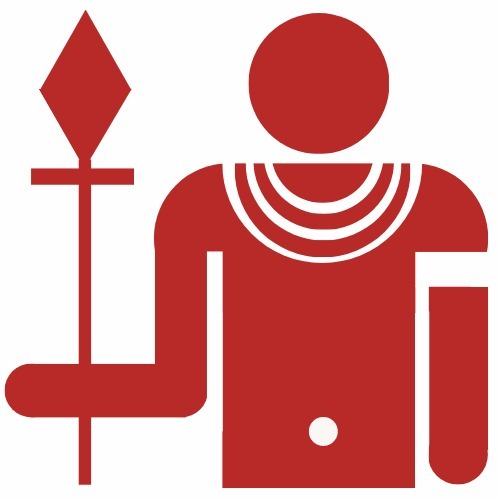
It will be another year before communication marginalized areas in the country can realize the fruits of the Universal Service Fund as directed by the law and that will ensure that underserved areas get communication infrastructure as well.
While speaking at the ongoing Communications Authority ICT Week, Information Communication and Technology Cabinet Secretary Dr. Fred Matiangi said that his ministry in close collaboration with the CA has completed the institutionalization of the Universal Service Fund, as required by the law.
“It is expected that from the next Financial Year, USF will fund development of ICT infrastructure in various communication marginalized parts of our country, including provision of free WIFI services to support the slum upgrading programme currently being implemented by the Office of the President,” said Matiangi.
“We are in consultation with other arms of government to address other issues related to the cost of devices and access. I hope that this forum will provide an opportunity to enhance these discussions with more ideas on how best we can ensure affordability of smart devoices, lower the cost of internet and enhance greater access across Kenya,” he added.
The journey to implementation of the fund in Kenya has not been an easy one what w with some resistance from some licensees, dispute on the amount of money to be contributed and where a solution was finally arrived at that saw the amount being reduced from Ksh 2 Billion to 0.5 of the company’s gross revenue.
Through their association Telecommunications Service Providers of Kenya (TESPOK), Telcos have asked for more transparency for the Universal Service fund as well as for the Communications Authority to set up an audit and update them on its status.
Collectively, the companies have contributed Ksh. 3.4 billion which is in excess of the CA’s target of sh. 2.5 billion.
Apart from the audit, the operators also want to be included in the management of the fund and have also put forward that the last access gap study was outdated and should not be used I determining the areas needing ICT.
While addressing the last issue , Leo Borret who is the acting Director General said that they are working on a new access gap study which will include both the demand and supply side. The latter will be addressed in a study held in conjunction with the Kenya Bureau of Standards.


